Interior Doors Material – When choosing interior doors, the material and finish you select can significantly impact your home’s overall aesthetics and functionality. In this comprehensive guide, we will explore the pros and cons of various materials and finishes for interior doors, helping you make an informed decision. Whether you’re in search of the perfect interior doors for sale or looking to upgrade your existing ones, Trio Doors offers a wide range of options to suit your needs.
Wood Interior Doors
Wood interior doors are known for their timeless and classic appeal, as well as their durability and ability to enhance the overall aesthetic of a space. When choosing a wood interior door, it’s important to consider factors like the door’s style, wood type, finish, and hardware to ensure it complements the interior design of your home or building while meeting your functional needs.
Pros:
Elegant Aesthetics: Wood doors exude warmth and classic charm, making them a timeless choice.
Customization: They can be customized with various finishes, stains, and designs.
Durability: High-quality wood doors are sturdy and long-lasting.
Cons:
Cost: Solid wood doors can be expensive.
Maintenance: They may require periodic refinishing to maintain their appearance.
Susceptible to Warping: In humid environments, wood doors can warp over time.
Glass Interior Doors
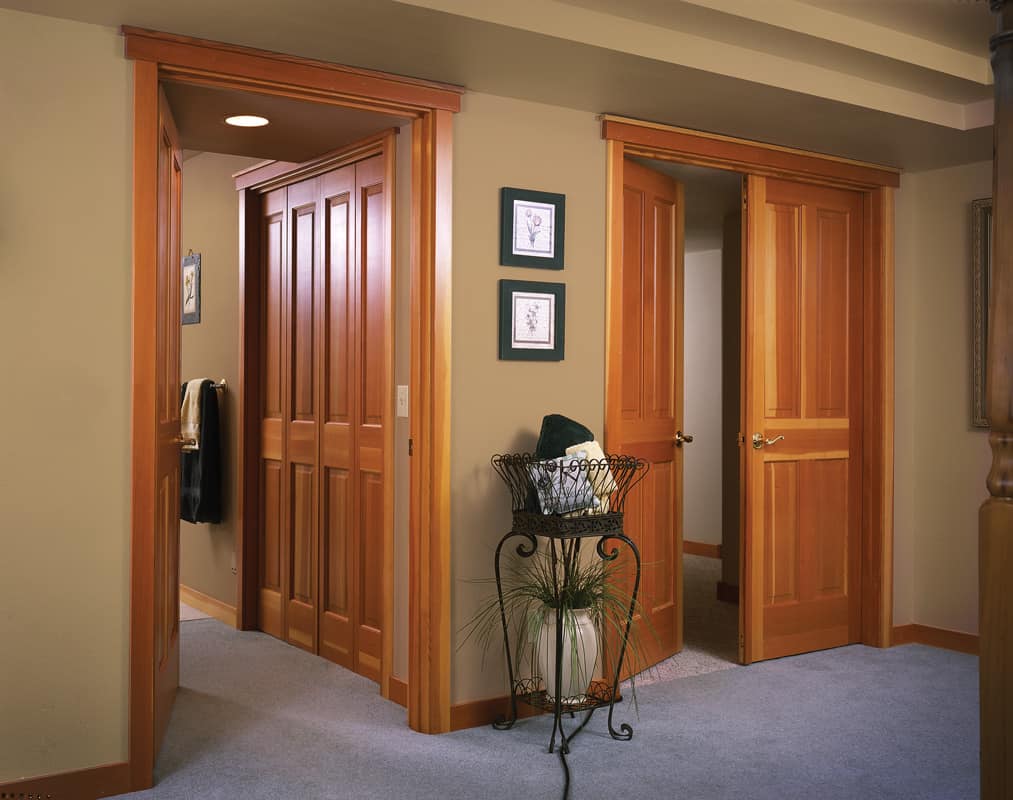
Glass interior doors can create a modern and open feel in interior spaces, making them a popular choice for areas like offices, living rooms, dining rooms, and kitchens. When selecting a glass interior door, consider factors such as the level of privacy needed, the door’s style, the type of glass, and the overall design of the space to ensure it complements your interior design goals and functional requirements.
Pros:
Enhanced Aesthetics: Glass doors create a sense of openness and allow natural light to flow through your space.
Versatility: They come in various styles, from clear to frosted, and can fit both modern and traditional interiors.
Low Maintenance: Glass is easy to clean and does not require refinishing.
Cons:
Privacy Concerns: Privacy can be an issue depending on the type of glass.
Fragility: Glass doors are more susceptible to breakage than other materials.
Installation Complexity: Proper installation is crucial to prevent issues like air leaks.
Metal Interior Doors
Metal interior doors are often chosen for their sleek, modern appearance and robust security features. They are commonly used in commercial buildings, industrial spaces, and contemporary home designs. When selecting a metal interior door, consider factors such as the intended use, desired security level, style, and finish to ensure it aligns with your interior design goals and functional requirements.
Pros:
Modern Aesthetics: Metal doors provide a sleek, contemporary look.
Strength and Security: They are incredibly durable and offer enhanced security.
Low Maintenance: Metal doors are resistant to pests and require minimal maintenance.
Cons:
Limited Design Options: Metal doors may have fewer design and style choices.
Cost: High-quality metal doors can be expensive.
Prone to Dents: They can dent if subjected to force.
PVC Interior Doors
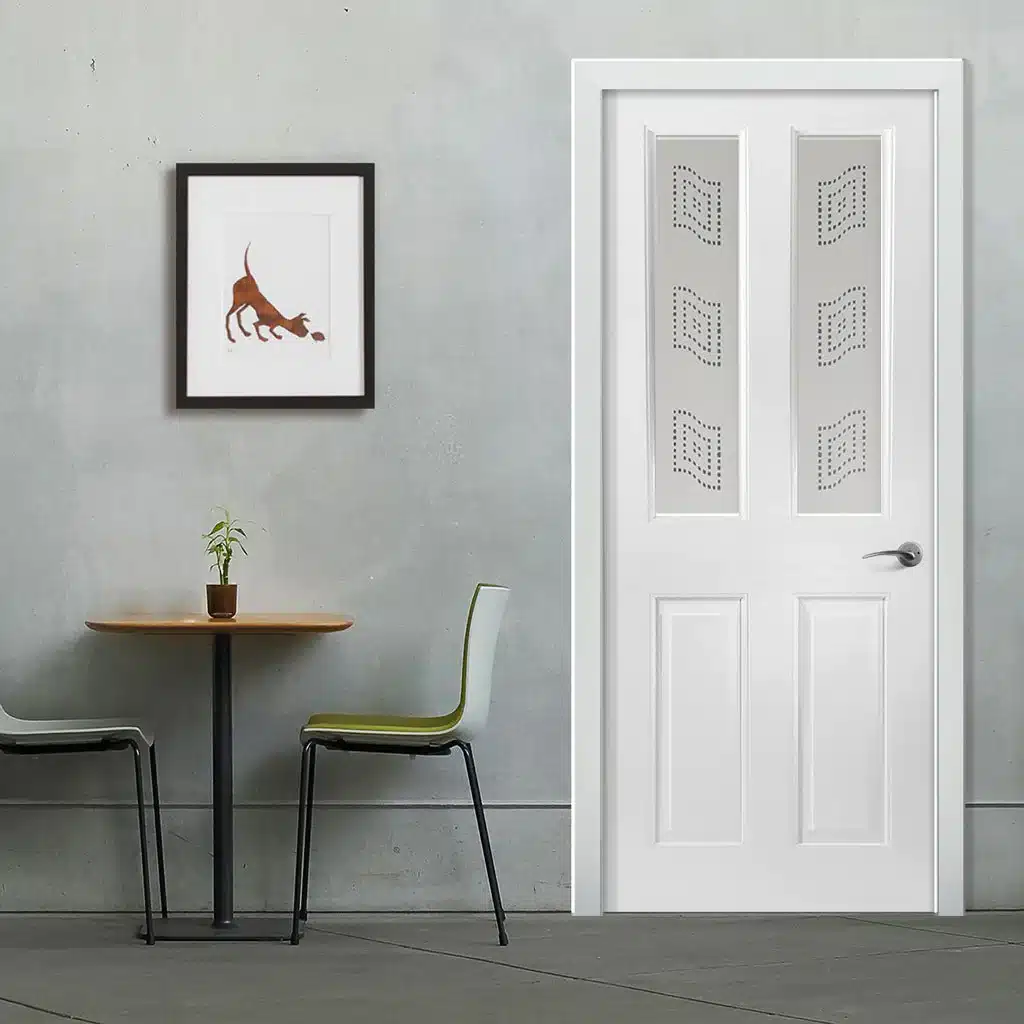
PVC interior doors are versatile and can be an excellent choice for homeowners looking for a cost-effective and low-maintenance option that mimics the appearance of traditional wood doors. They are particularly suitable for areas where moisture resistance is important. When selecting PVC interior doors, consider factors such as style, finish, and any specific performance requirements for the intended space to ensure they meet your needs and match your interior design preferences.
Pros:
Affordability: PVC doors are often more budget-friendly than other materials.
Moisture Resistance: They are excellent for humid environments and will not warp.
Low Maintenance: PVC doors are easy to clean and do not require refinishing.
Cons:
Limited Aesthetics: PVC doors may lack the elegance of wood or glass.
Durability: They may not be as durable as wood or metal doors.
Environmental Concerns: Some PVC doors may not be environmentally friendly.
Choosing the Right Interior Doors for Your Home
The choice of interior door material and finish ultimately depends on your preferences, budget, and the specific requirements of your space. Keep these factors in mind:
Aesthetics: Consider the overall design and style of your home.
Budget: Determine your budget for doors. Remember that solid wood doors tend to be more expensive, but they add value to your home.
Functionality: Consider the purpose of each door. Some doors are meant for privacy, while others are for connecting rooms, allowing light to pass through or enhancing aesthetics.
Maintenance: Consider the level of upkeep you are comfortable with.
Whether you are drawn to the timeless elegance of wood, the modern appeal of glass, the durability of metal, or the affordability of PVC, Trio Doors offers a diverse range of interior doors (https://triodoors.ca/interior-doors/) for sale to cater to your unique needs.
Elevate Your Home with the Right Interior Doors
Selecting the ideal interior doors for your home involves carefully balancing aesthetics, functionality, and budget considerations. By exploring the pros and cons of different materials and finishes, you can make an informed decision that enhances the beauty and functionality of your living spaces. Visit Trio Doors (https://triodoors.ca/) to discover an extensive collection of interior doors for sale and embark on your journey to transforming your home’s interior – Interior Doors Material
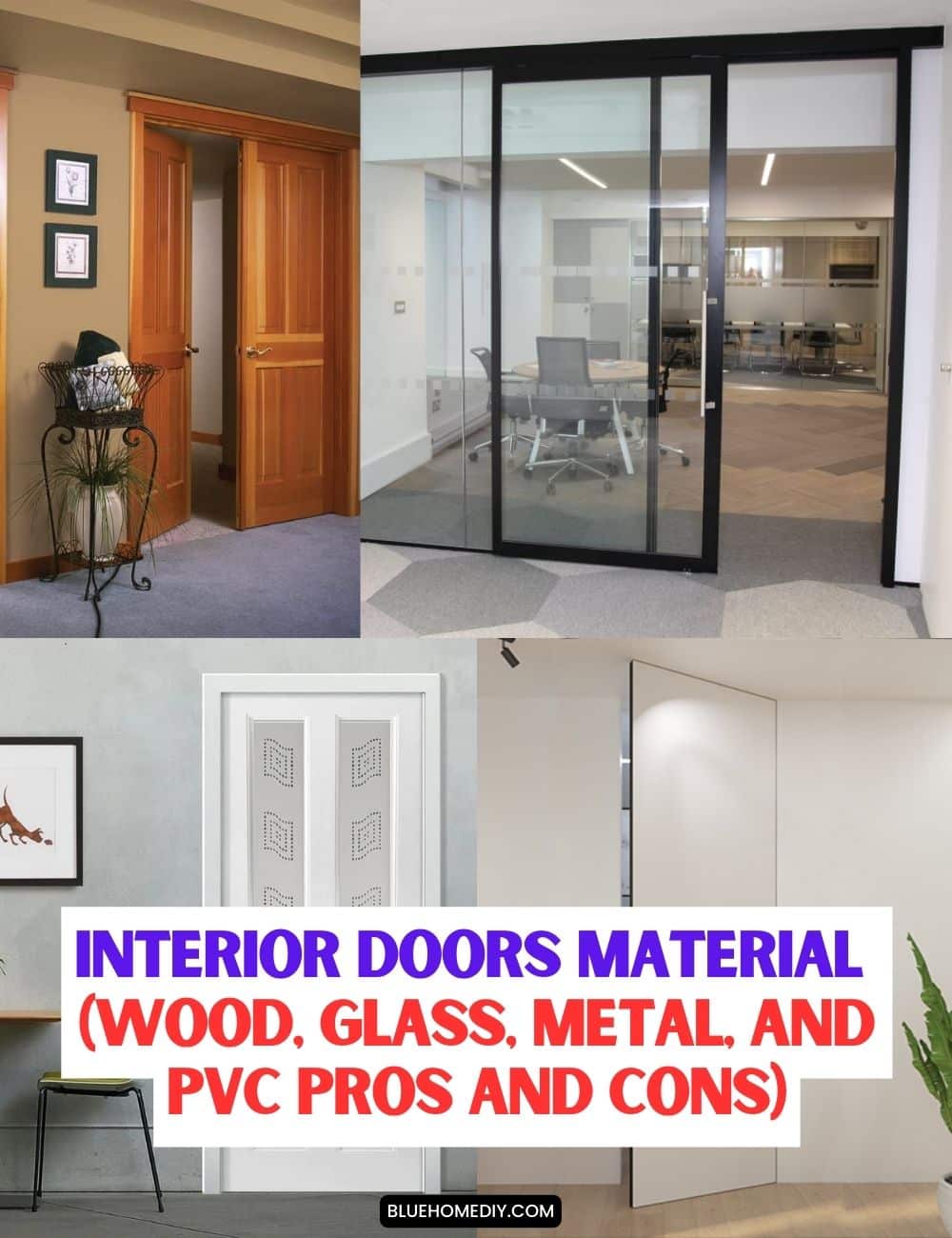

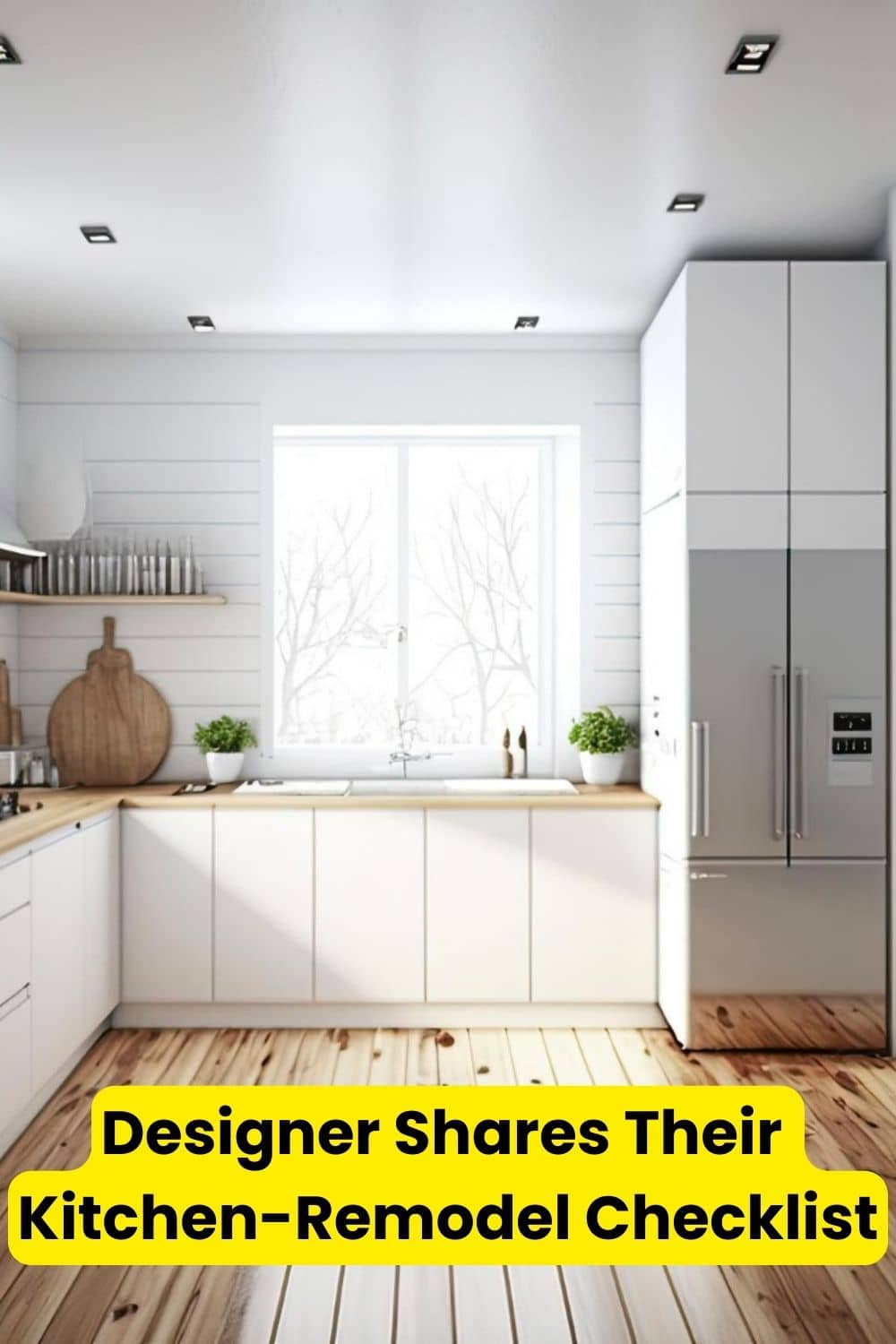
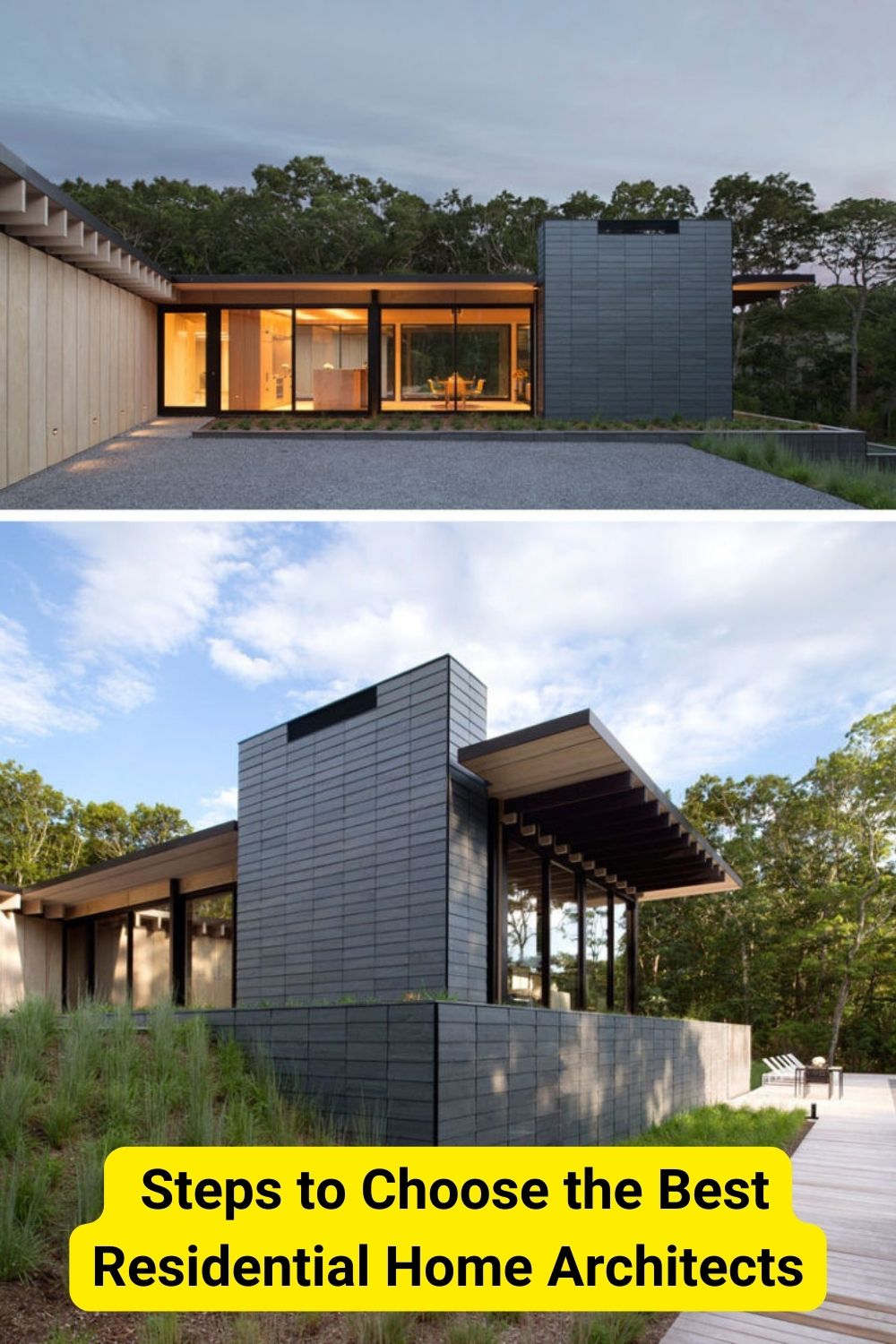
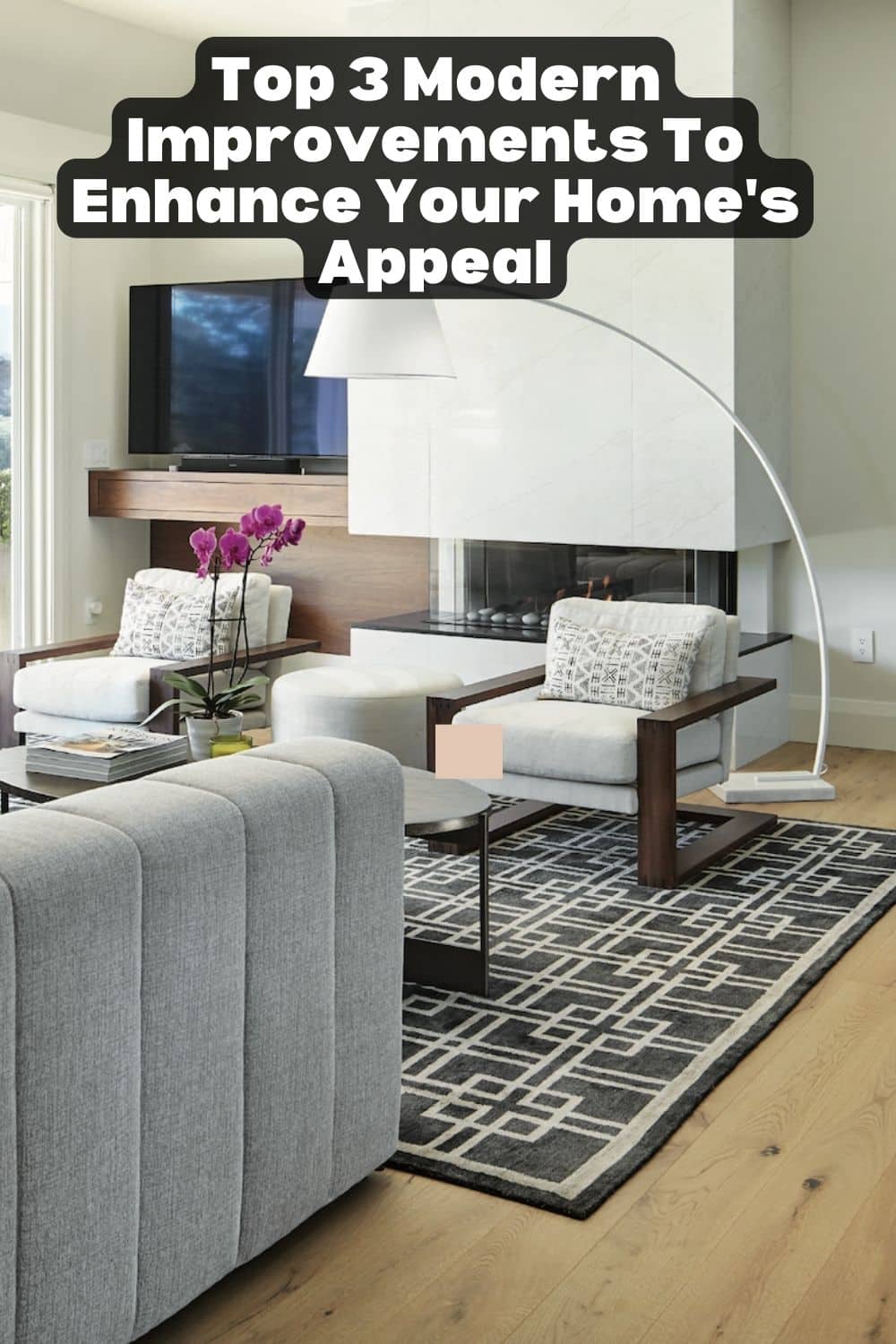
Leave a Reply